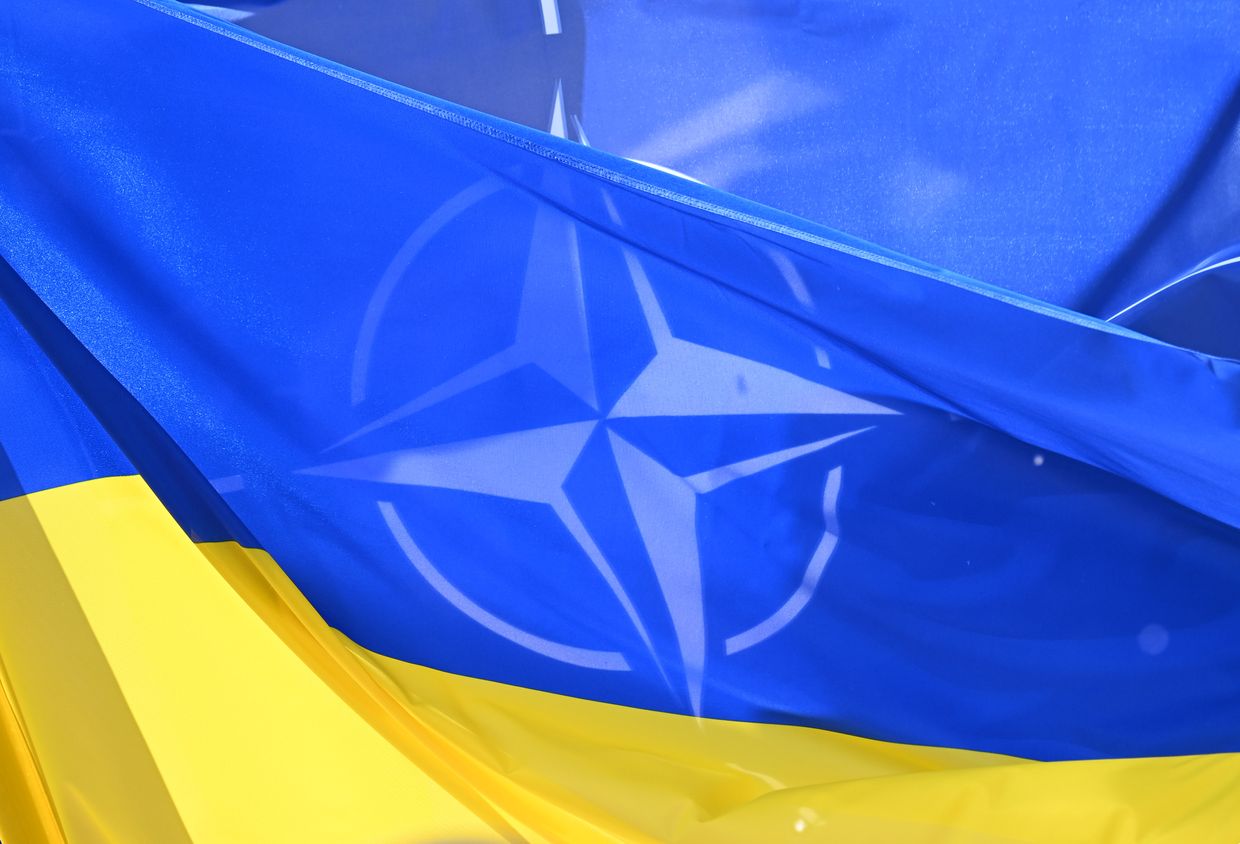'Serious setback' for democracy — EU condemns Russia-style foreign agents law in Georgia

The European Union has condemned Georgia’s Foreign Agents Registration Act, characterizing it as a setback for the country's democratic development and calling on Georgian authorities to reverse democratic backsliding.
In a joint statement published on May 31, top EU officials Kaja Kallas and Marta Kos criticized the Georgian foreign agents law, which requires civil society organizations that receive international funding to register as "foreign agents." The law officially came into effect on May 31.
The EU called the law a "serious setback for the country's democracy" that "represents another aggressive action by the Georgian authorities to suppress dissent, restrict freedoms, and further shrink the space for activists, civil society, and independent media."
The ruling Georgian Dream party, which currently holds a parliamentary majority, passed the contentious law earlier in April 2025, alongside other "repressive measures [that] threaten the very survival of Georgia’s democratic foundations and the future of its citizens in a free and open society."
The statement also noted that Georgia's "accession process has been de facto halted." Georgia first received EU candidate status in December 2023, but its accession process has been hampered by growing authoritarianism in the country.
The EU reiterated its call for Georgian authorities to heeds their citizens' demands for democracy and a European future and urged the "release all unjustly detained journalists, activists, protesters, and political leaders."
"The EU is ready to consider the return of Georgia to the EU accession path if the authorities take credible steps to reverse democratic backsliding," the statement emphasized. "The responsibility lies solely with the Georgian authorities."
Mass protests erupted in Georgia following the contentious parliamentary elections in October 2024, in which Georgian Dream maintained its majority amidst reports of ballot stuffing, intimidation, and other electoral irregularities. Protestors have also cited the foreign agents law as a source of discontent.
Georgia's foreign agents law closely mirrors a similar law that was passed in Russia and weaponized by the Kremlin to clamp down on civil society. First introduced in 2012 and significantly expanded in 2022, Russia's foreign agents law is yet another one of Moscow's primary tools for suppressing criticism.












